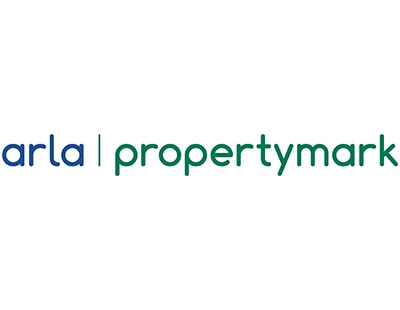‘Generation rent’ was a term first coined in 2011 by the Halifax in a survey on the future of homeownership. It has come to define a cohort of tenants – mostly millennials and Generation Z – who, through circumstance or choice, will be long-term, possibly lifelong renters.
Increasingly, England’s private rented sector is housing the nation – and not just under-30s saving up for their first properties. Accordingly, the sector’s expanded role has led to calls for expanded protections for tenants. With rental reform on the horizon for 2022 (the exact date has not yet been confirmed), it’s important for tenants to know how they can navigate the coming changes.
There are moreover also opportunities for agents, landlords and tenants to work together when it comes to understanding, implementing and getting to grips with any new rules. Transparency will be a key part of this process – as I discussed with a host of industry leaders at our recent roundtable event, Trust through transparency – Building landlord and tenant confidence in the lettings industry.
Trust, transparency and working together to improve the lettings experience for all parties formed the golden thread of the discussion. For tenants, landlords and agents shouldn’t be seen as the enemy. Likewise, landlords and agents promote better relationships with tenants when they treat them as valued clients rather than as liabilities.
What should we expect from rented sector reforms?
Although the final details of the government’s planned rental reform haven’t yet been revealed, we do know some of what is expected when the Bill reaches Parliament. If the government follows through on the proposed changes, the Renters' Reform Bill will be the biggest realignment of England’s private rented sector since the 1988 Housing Act.
The abolition of ‘no-fault’ Section 21 evictions is still expected to be in there – although the government has softened its position on this somewhat of late – alongside lifetime deposits to help tenants move homes in a much smoother and cheaper fashion.
Such a move would mean that tenants wouldn’t be required to pay a new deposit on a rental home before getting their old one back, as the deposit would simply move with them from tenancy to tenancy. This, in turn, would make it easier for tenants to switch homes, and leave more money in their pockets to pay their rent.
At a fringe event at the recent Conservative Party conference – before the latest delay to the White Paper was announced – Housing Minister Eddie Hughes said lifetime deposits would ‘definitely’ form part of the rental reform agenda. However, he was less emphatic on the scrapping of Section 21 and the idea of a mandatory landlord register.
He confirmed that next year’s White Paper would look at Section 21, but also made it clear that eviction powers for landlords remained essential in principle, with appropriate safeguards. On the topic of a landlord register, he said he would not be ruling anything in or out, but that the government wanted to ensure councils had a better understanding of how many landlords operated in their areas.
How can technology help with the transition?
While the eviction issue is still up in the air, we can make an educated guess as to what the White Paper and subsequent bill will include and can therefore look at the role tech will play.
First things first, lifetime deposits. Such a system will not be easy to conduct or patrol manually, so it seems certain that this will have to be done through an online portal that can be easily tracked by all parties.
It would seem likely that it will work in a similar way to the current deposit protection systems, which help to keep tenants’ deposits safe for the duration of a tenancy – but with added mechanisms to top up the deposit after landlords and agents have made deductions for maintenance.
When it comes to the idea of a landlord register, a central, publicly available and searchable database could be the way to go. It should be transparent, secure and tech-led, not dissimilar to London City Hall’s Rogue Agent and Landlord Checker.
The goal of rental reform, ultimately, is to improve the sector for everyone and minimise the chances of rogue operators being able to operate, protecting tenants from abuse and landlords and agents from unfair competition.
There is also that issue of trust and transparency again – how can it be improved and strengthened under the new rules? Tech has a key role to play in this in providing security, speed and an evidence trail. As regular PropTech Today contributor Kristjan Byfield insightfully pointed out in our recent roundtable discussion, it’s much easier for users to trust that a technological process is consistent across all tenancies – and that the landlord or agent isn’t trying to manipulate it to their own benefit.
This type of tech-driven transparency is already revolutionising rental payments, with the tech available to make automatic payments according to consistent rules and then report transactions to landlords and tenants in real time. A similar approach to deposit-handling and landlord registration – and perhaps other areas like referencing – could improve confidence in the lettings process for all parties.
*Neil Cobbold is Chief Sales Officer at PayProp




/HousesofParliament-3-400x310.jpg)


/Parliament-Summer-400x310.jpg)






%20-%20IMAGE%20Client%20Accounting%20%E2%80%93%20what%20are%20your%20options.jpg)





Join the conversation
Be the first to comment (please use the comment box below)
Please login to comment